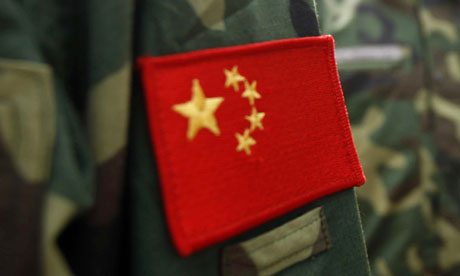Taiwan President Ma Ying-jeou Monday suggested the island should consider signing a peace treaty with China within the coming decade, formally ending a civil war that has actually been over since 1949.
A peace treaty is widely considered one of the thorniest issues in the complex relations between China and Taiwan, reflected in Ma’s reassurance that it would only happen if the island’s people agreed.
“As relations are improving in a gradual and orderly manner, we are now thinking of cautiously considering whether we should sign a peace agreement within the next decade,” Ma said, according to a press release.
A precondition for entering into a peace pact with China would be “a high level of support from Taiwan’s public”, Ma was quoted as saying in the release issued by his office.
Ma, whose first four-year term is approaching its end, is running for re-election in polls set for the middle of January.
His first term has been focused on economic exchanges with China, based on the philosophy that trade and investment are less contentious issues than political talks.
However, it remains to be seen if Ma will move ahead with a more risky political agenda if he is re-elected for a second and last term, and for instance push for confidence-building measures between the two sides.
Observers have so far tended to believe that a peace treaty is a rather remote prospect, because it will involve difficult questions, such as who should sign the agreement on either side.
China is likely to call for a peace treaty between the respective ruling parties, as an agreement involving the state of Taiwan could implicitly entail Chinese recognition of the island.
China claims sovereignty over Taiwan even though the island has ruled itself since the de facto end of the civil war 62 years ago, when Chinese nationalists, beaten by the communists, fled across the narrow Taiwan Strait.
Although ties have improved since Ma assumed power in 2008, China still has not given up the possibility of using force to bring about reunification.










